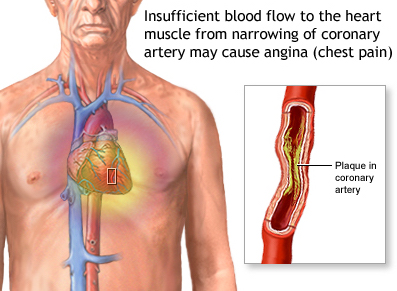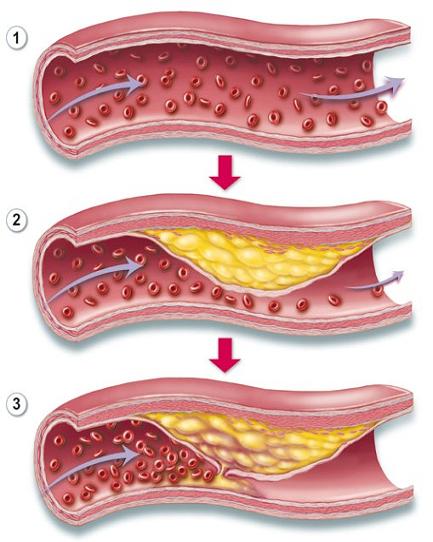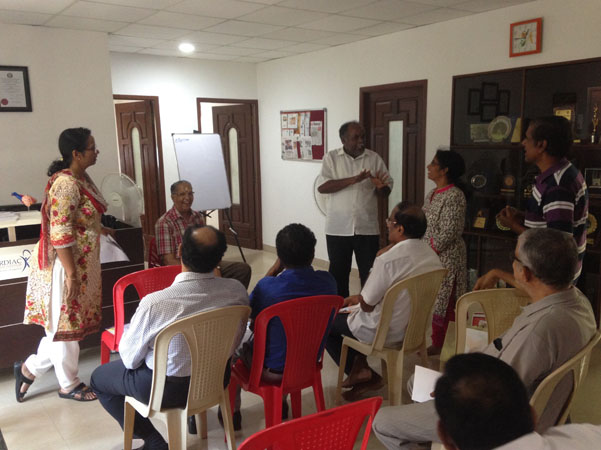One or more blocks in the blood vessels supplying the heart muscle is known as coronary artery disease. Severe coronary artery disease is the culprit in the majority of heart attacks. It is a combination of cholesterol deposits and blood clots in the inner lining of the blood vessels that usually prevents blood flow and causes heart muscle damage. As soon as someone is diagnosed with a heart attack, the emergency medical team rushes to give intravenous medications to stop the blood clot from growing and takes immediate steps to restore the blood flow through a stent procedure or surgery. While this often saves heart muscle as well as lives, a long-term approach to disease management is equally important. Let us see why.

The most common question that our patients ask us is “will the blocks inside my coronaries go away or are they permanent?” The answer to that is “yes it’s proven that blocks inside coronaries can disappear with time but here is what you need to know…”
- Coronary blocks get formed over a period of months to years, so it takes time to regress and disappear
- The younger the person the more likely that the blocks will regress
- Hardened blocks due to calcium deposits are less likely to regress
- Most importantly, intensive lifestyle modification in combination with cardio-protective drugs has been proven to cause regression and disappearance of blocks
Smoking cessation, regular exercise, a heart-healthy diet, stress management, health education and counseling are all part of the disease reversal strategy in a cardiac rehabilitation program. While strong evidence is available to support this phenomenon of coronary artery disease regression from developed countries, we are the first to have published our experience on Indian patients recently (https://www.ncbi.nlm.nih.gov/pubmed/27133332).

Take home message 1: Never too old
If you are a senior citizen reading this post, you are probably wondering if disease regression is possible in your age group. While younger men and women have a higher likelihood of disease reversal, it has been proven beyond doubt that intensive lifestyle modification has benefits in all age groups. It can halt the growth of the coronary blocks and aid in the development of newer blood vessels or ‘natural by-passes’ to compensate for the reduced blood flow.
Take home message 2: Never too young
The latest guidelines for the prevention of cardiovascular disease conclude that a healthy lifestyle should be adopted as early as from the age of 5 years. So if you have young children or are a young adult thinking of starting a family, it is important to keep in mind that healthy lifestyle behaviors have to be incorporated in your everyday living rather than on an occasional basis.
